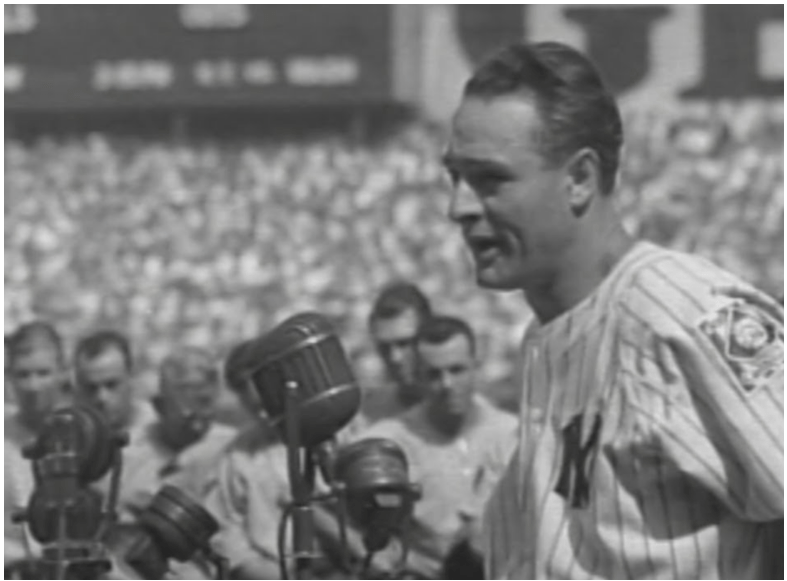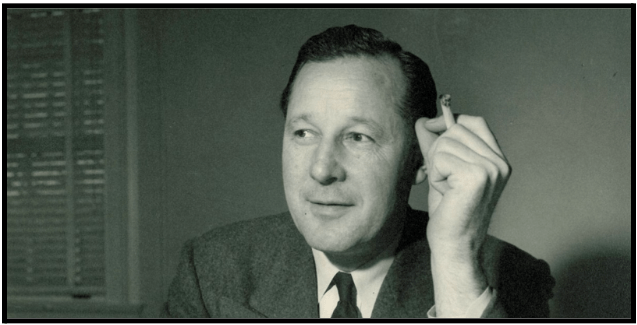Talking Big Ideas.
“First and foremost, a good public speaker needs to be able to engage and connect with their audience.” ~ ChatGPT
This week is a guest column by Matt Paprocki, the president of the Illinois Policy Institute. He’s a dear friend and outstanding public speaker who, like most of us, started out awkward and built his excellence over time.
Matt taught me the Office Space formula – a simple and effective way to explain what you do at work. He’s written for us before and gave an exemplary TED-style talk last year.
I encourage you to subscribe to Matt’s substack here.
***
Arthur Brooks is one of the most effective public speakers I know.
But here is the thing: Arthur doesn’t think of himself as a public speaker. He calls himself an ‘entertainer’.
I found this out after meeting with Arthur and I asked him, “how do you prepare for a speech?”
He responded, “Matt, my job as an entertainer…”
I was taken aback.
Of course, he isn’t an ‘entertainer’, Arthur Brooks is a Ph.D. economist. He taught for years at Syracuse University and now Harvard. He’s published hundreds of academic papers.
A public speaker implies authority. Entertainer feels like a gimmick.
So why would someone of his stature self-identify as an entertainer?
This comment stuck with me for weeks. And one day I looked into the speeches that I found the most impactful:
MLK’s “I have a dream.”
Reagan’s “Tear down this wall!”
Lou Gehrig’s “Luckiest man on the face of the earth.”
What stuck out to me was none of these speeches imparted new information. Nobody was surprised that MLK had dreams or that Reagan wanted the Soviet Union to end.
But every one of them makes us feel something. That’s what makes them powerful.
Martin Luther King Jr. made us feel that we could build a better America – one that lived up to our ideals.
Ronald Regan made us feel that the cold war and Soviet Union were over – and we had won!
Lou Gehrig brought tears to our eyes and made us realize how lucky we are to be alive.
That’s entertainment in the original sense of the word.
Entertainer comes from the Latin root ‘inter-’ meaning “among” + ‘tenir’ meaning “to hold”.
The origin of the word ‘entertainment’ is to hold a group of people in a certain frame of mind.
It’s a feeling.
For me, this distinction was transformational. The goal of every talk that I give is not to tell my audience everything I know. Or lecture them about how they need to do something different.
I want them to feel something.
The first question I now ask when preparing for a speech is “how do I want the audience to feel?”
Which, quite frankly, feels ridiculous. And counter to everything we are trained to do.
My head usually says something like, “yeah, ok. Feeling is important, but if they just knew this one fact. That would change everything”.
And that’s the wrestling between public speaking and the form of entertainment that binds people together.
Maya Angelou’s classic line sums this up perfectly. “I’ve learned that people will forget what you said, people will forget what you did, but people will never forget how you made them feel.”
So what does that look like in practice? How do we actually make the jump between public speaking and entertaining?
For me, it involved a lot of unorthodox experimentation.
For example, I performed magic tricks at the end of my speeches because I watched the crowd go wild when Lou Holtz ended his talks with magic.
I learned to juggle, so I could demonstrate the power of habits at a staff meeting.
I’ve played the banjo, the ukulele, and the Irish drum.
Did it work? Some better than others. People love magic, but it turns out banjo may be an acquired taste.
But it taught me to be vulnerable. To be comfortable on stage while taking a risk.
And the result: I learned to become an entertainer.
I’ve cried on stage.
I’ve laughed on stage.
The best part is that the audience and I cried and laughed TOGETHER.
Arthur Brooks taught me that what I want to do on a stage is not show people how smart I am. My dream is to bind us together.
So I guess that makes me an entertainer.
***
Entertain your audience.
Consider an upcoming talk or conversation. Ask yourself this: “The moment I finish, how do I want my audience to feel?”
***
In the words of Bob Ewing: “Cheers,”
Matt
If you find this useful, please subscribe to our free weekly newsletter.
If you’d like to read more from Matt, subscribe to his newsletter here: https://mattpaprocki.substack.com/




